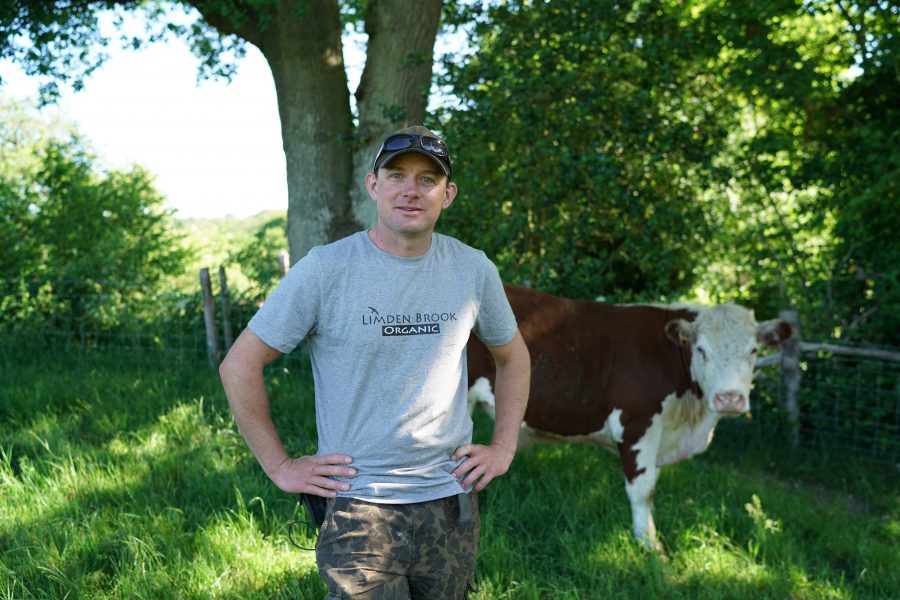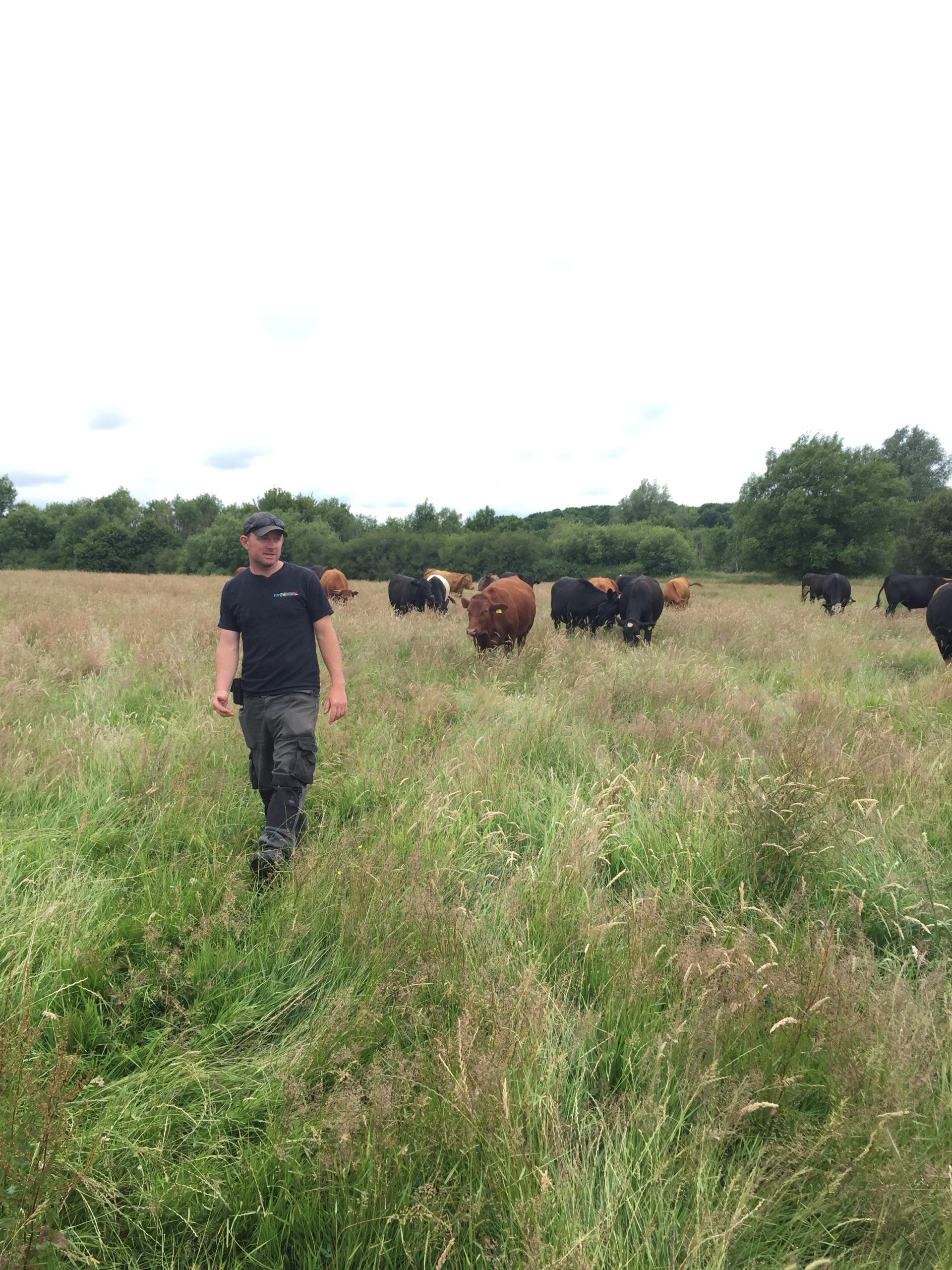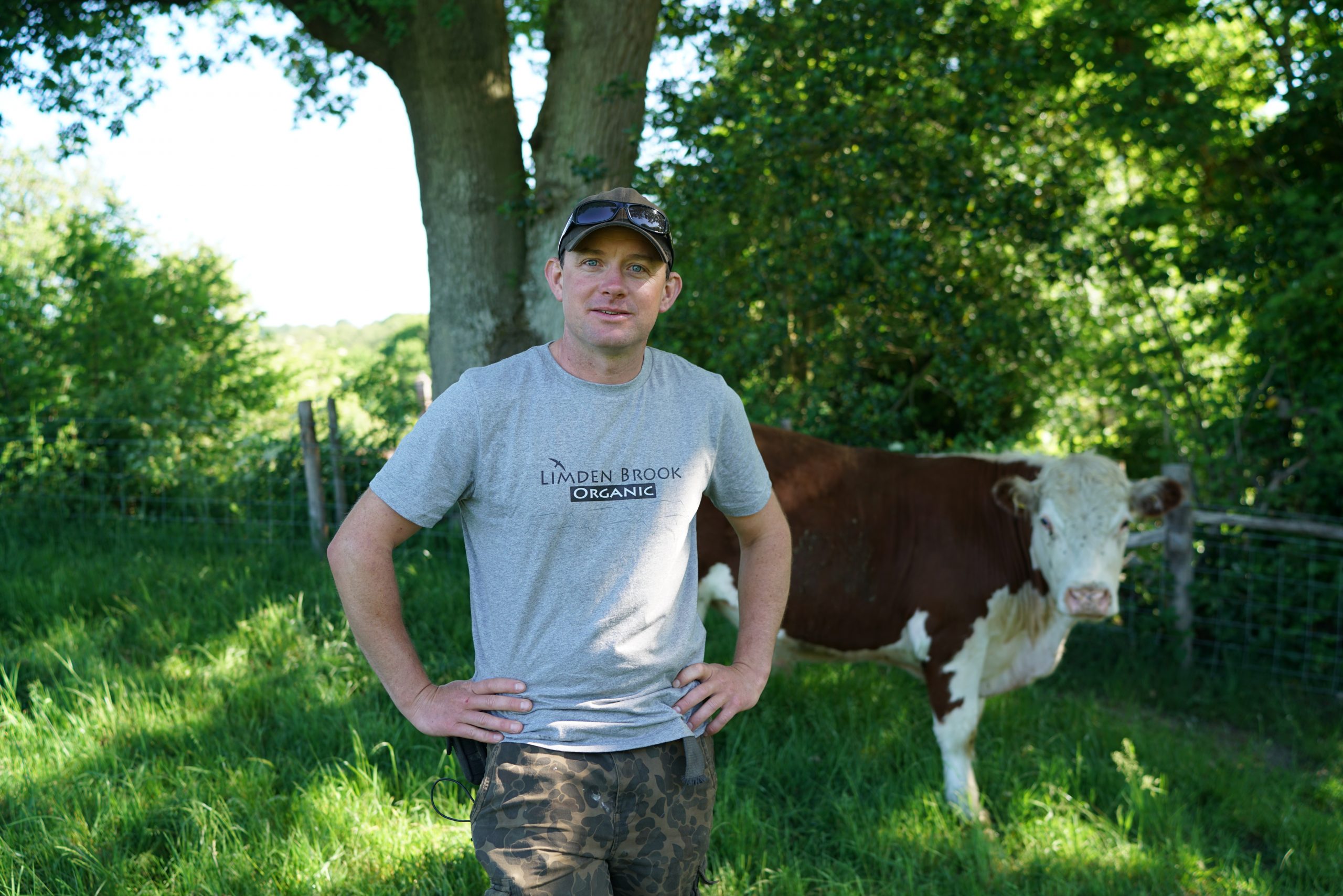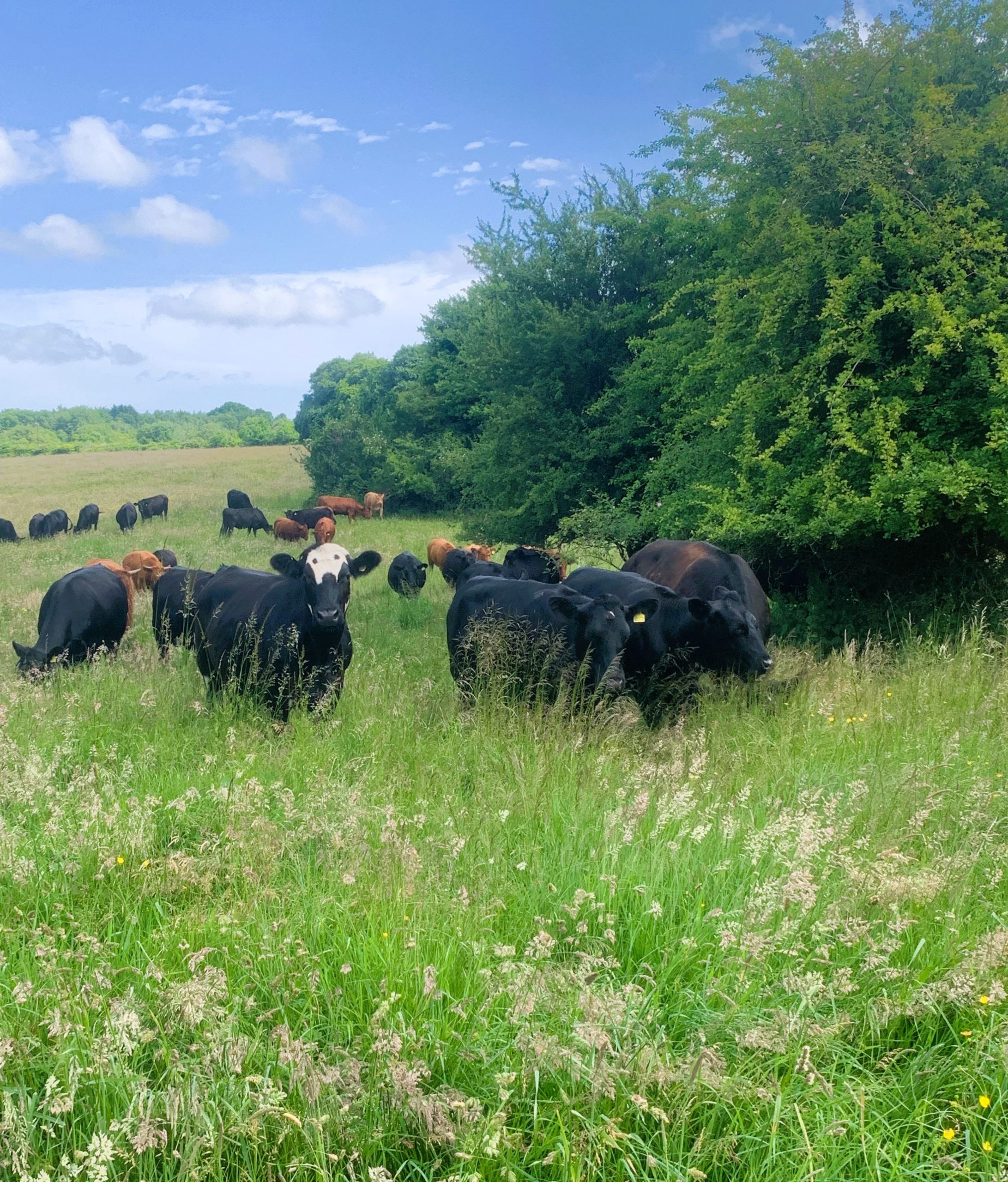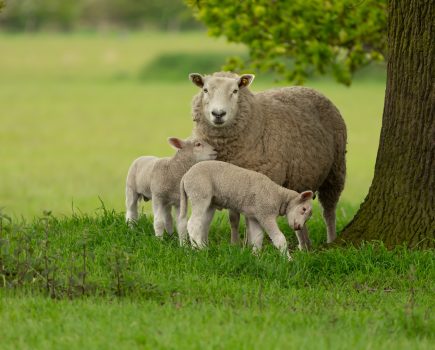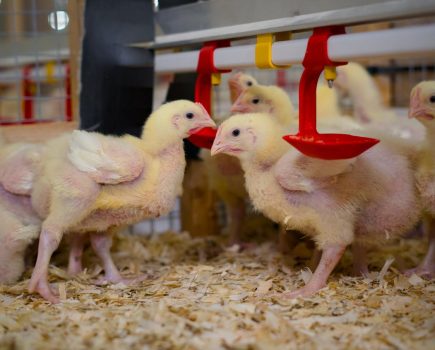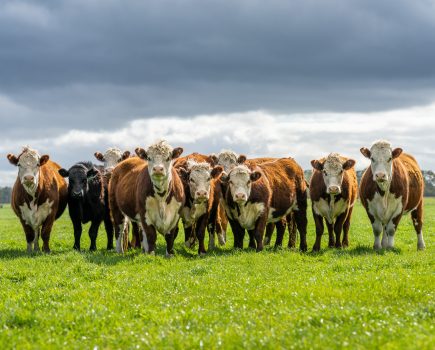A local cattle farm has been highlighted as a national showcase for how nature can be restored using pasture-fed livestock. Local farmers Sam and Becky Newington who run Limden Brook Organic near Etchingham at the centre of the High Weald AONB have taken part in a biodiversity case study series by Pasture for Life that showcases how farmers are restoring nature with 100% pasture-fed livestock.
After spending time in New Zealand and Australia, Sam and Becky Newington were inspired by seeing the efficiencies and potential other benefits brought about by rotational grazing systems. On return to their farm in the High Weald AONB, this led them to become Pasture for Life members in 2018 and certified since 2022. Now through their 100% pasture-fed system; they’ve cut costs, the fields are teeming with life and their 160 Red Poll cattle used for conservation grazing are healthier than ever.
Pasture for Life membership has helped the farm change to a low input and more nature-based system, using nature friendly farming methods and making better use of their grassland. Sam and Becky have managed to stop feeding concentrates and can out winter their animals, thereby reducing the amount of bought in feed and bedding as well as reducing contracting costs.
Rotational grazing techniques use the cattle as management tools to mimic natural processes, which stimulates plant growth to sequester carbon and improve soil fertility. This has noticeably boosted the variety and number of plants and animals. Grassland across the farm is varied including Yorkshire Fog and Cocksfoot, with meadow flowers; Yarrow, Vetchlings, Birds Foot Trefoil, Meadow Foxtail, and Orchids. A huge number of insects are attracted by the flowering plants, dung and soil disturbance from the cattle, as well as small mammals including voles, dormice, field mice and bats. This supports thriving birdlife from most birds of prey to Nightingales, Turtle Doves, and Cuckoos whose numbers have been decimated in recent decades. In relation to larger mammals, they have plenty of foxes, badgers, moles and fallow and roe deer and the occasional stoat pops up.
The farm sells higher quality beef exclusively through local butchers. Their meat is often quickly sold out as soon as it goes on the marketplace, as residents in the area who shifted to buying locally during coronavirus, noticed how much more delicious the meat is from Limden Brook Organic compared to meat from the supermarket, and from animals living a natural life, as well as wanting to support what has become an oasis of wildlife and the local economy.
An overview of the Limden Brook Organic case study can be found here and the wider series by Pasture for Life here.
Sam and Becky Newington from Limden Brook Organic said: “Out in the fields, life is everywhere and the cows look well and content in the system. Rotational grazing has been the key to biodiversity for us. The ability to leave longer rest periods between grazing, thereby allowing time for plants and grasses to flower allows wildlife to make use of the different paddocks at different stages of recovery to meet their needs.”
Jimmy Woodrow, Director of Pasture for Life said: “Pasture for Life champions the positive impacts of pasture fed farming on nature, human health and animal welfare, while safeguarding the future viability and sustainability of British livestock farmers. Our membership is made up of all different types of farms, butchers, artisans, academics, vets and more, as well as members of the public interested in our work, all working together for restorative ways of farming and to be a part of efforts to enhance food, farming and the countryside.”
- Sam and Cows by Limden Brook Organic
- Farmer Sam Newington by Limden Brook Organic
- Cows grazing by Limden Brook Organic

